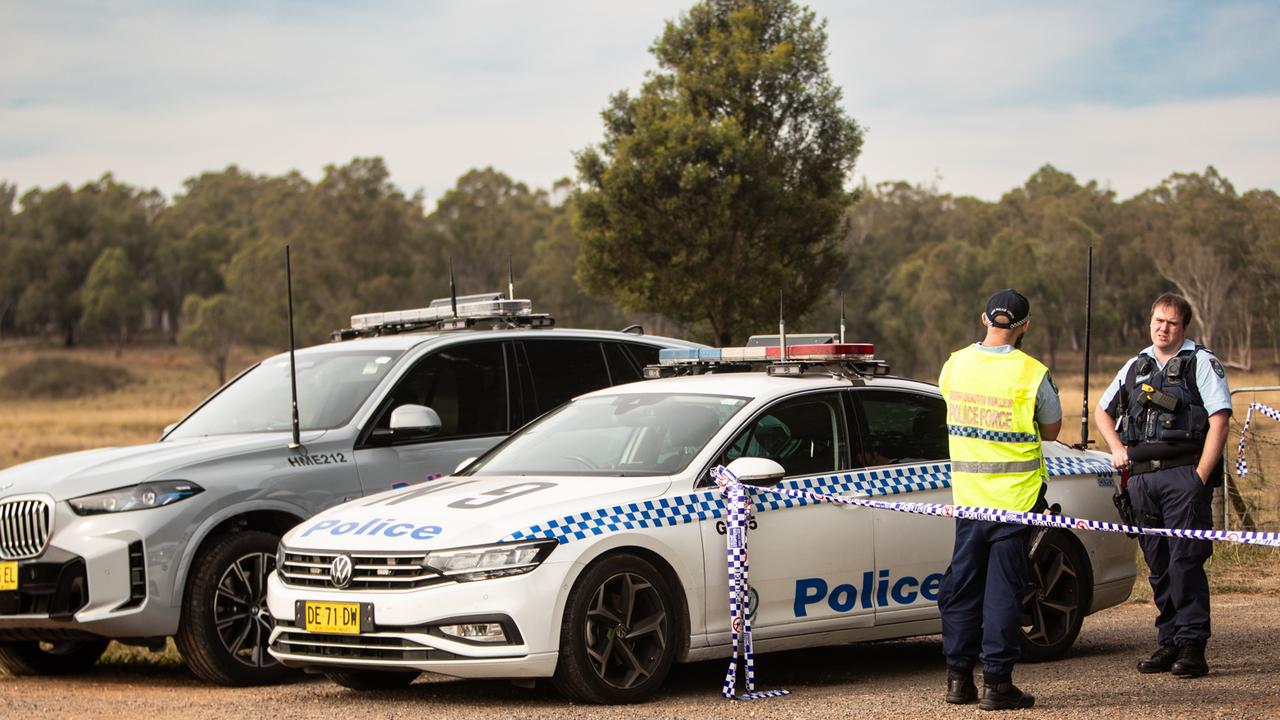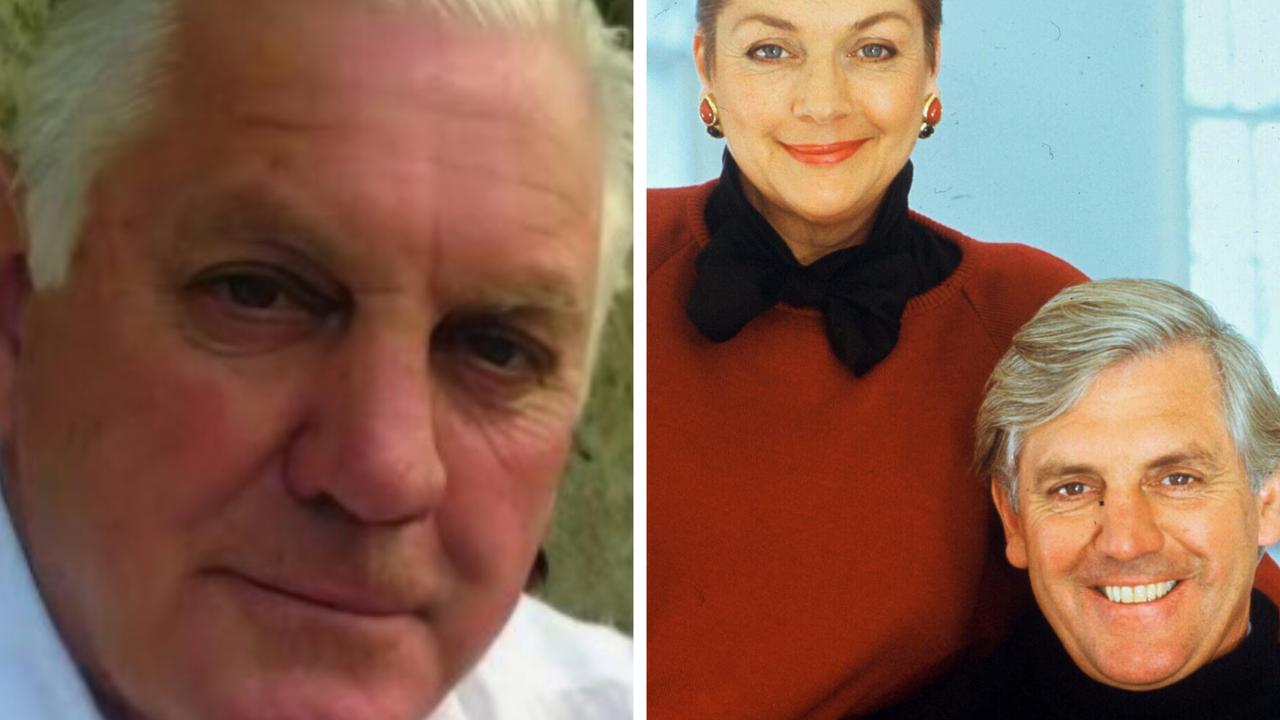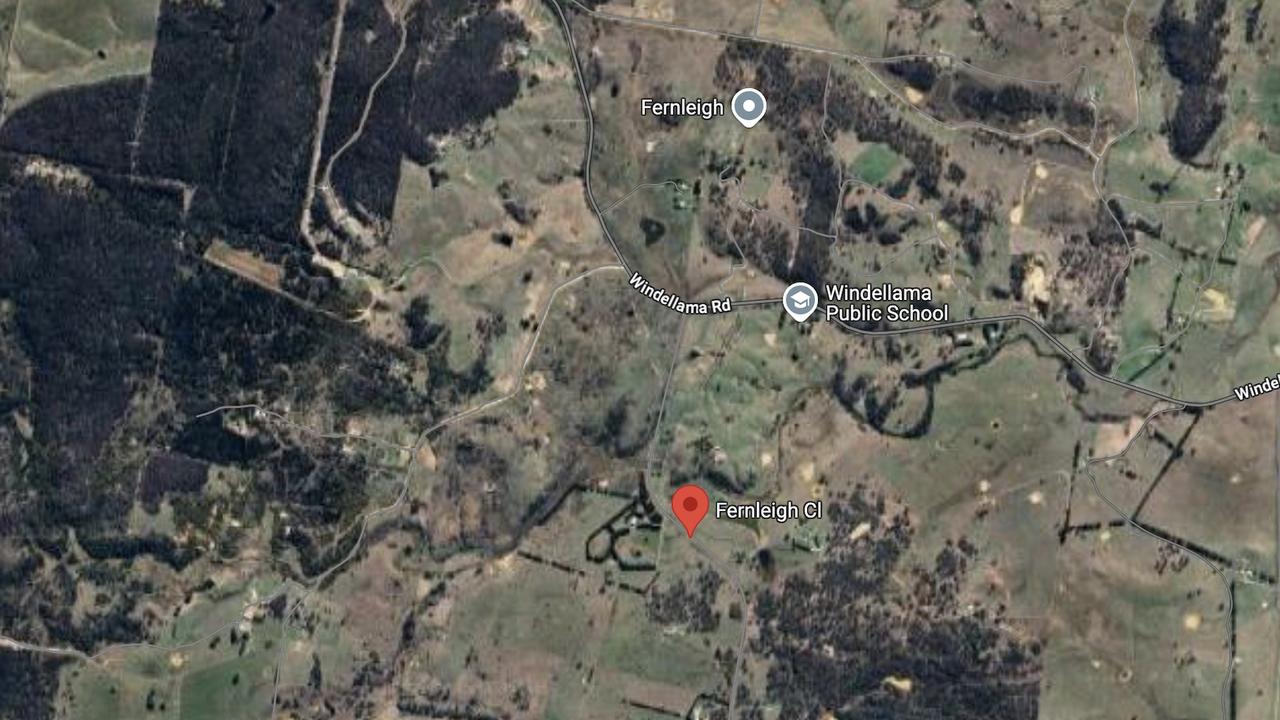Police activity bolstered across problematic Sydney regions in desperate bid to shut down Delta transmission
Deepening concern over the Delta strain running rampant through Sydney could see authorities turn to new methods to limit movement.
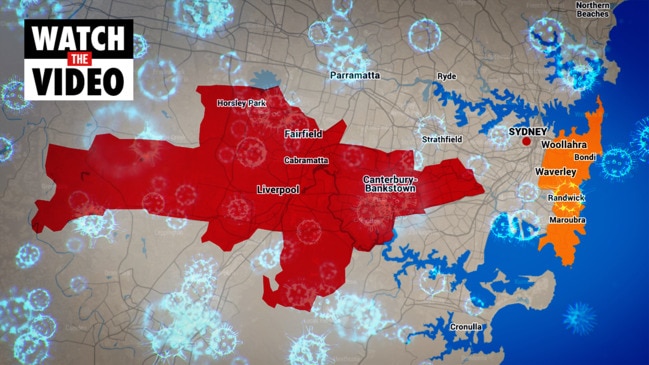
NSW authorities may have to consider more extreme measures to keep the state’s covid outbreak from spreadly more widely as cases continue to emerge.
The state recorded 38 new cases on Thursday — the highest number so far in the current outbreak — which has been blamed on continuing spread among households, particularly in southwestern Sydney.
The Canterbury-Bankstown, Fairfield and Liverpool local government areas were this week highlighted as being of significant concern, with Premier Gladys Berejiklian delivering a lashing to residents for doing the wrong thing.
NSW may look to tighten restrictions in the region and there’s speculation about whether it would be possible to place a “ring of steel” around the suburbs.
Unlike the northern beaches — which was placed in lockdown earlier this year — it won’t be as easy for authorities to restrict movement in and out of the southwest as there are several roads into the area.
However, NSW Police will be taking a more active stance towards enforcement.
On Thursday afternoon, it was announced more than 100 extra police would be deployed across southwestern Sydney in a major operation, kicking off from 7am on Friday.
The bolstered measures will be introduced to ensure members of the public comply with Greater Sydney’s extended stay-at-home orders.
However, some community groups have criticised the decision, saying it was targeting people of colour.
“It was less than a year ago when Melbourne’s public housing buildings suffered an inhumane and harsh lockdown of its, mostly migrant and First Nations, residents,” Democracy in Colour national director Neha Madhok said.
“The police presence didn’t help reduce the case numbers then, and they won’t help in this instance either.
“The selective use of policing in south west Sydney smacks of racial scapegoating. We did not see a punitive response when the Northern Beaches and eastern suburbs were facing community transmission.”
She said there was no doubt urgent public health measures were required to contain infections but the police response would not stop the spread.
RELATED: NSW records 38 new cases
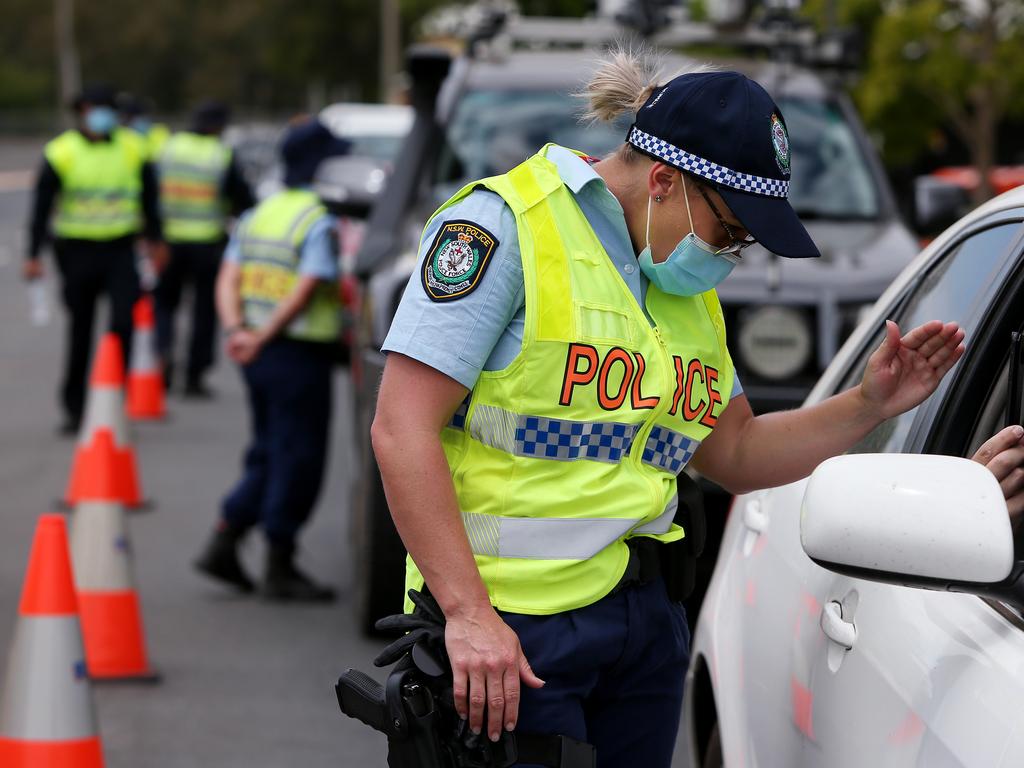
“Instead, it will only harm our communities in the long term, creating more public health consequences for residents, eroding community trust, and creating division,” Ms Madhok said.
“It’s telling that the NSW Government’s first response to a south west Dydney COVID outbreak was 100 armed police instead of clearer messaging, culturally appropriate information drives and paid pandemic leave.
“The NSW Government must immediately withdraw police from south west Sydney, and guarantee that any future emergency lockdowns will not be enforced by police.”
The NSW Premier has also foreshadowed increased restrictions for people in the three regions, which encompasses 110 suburbs, over concern people were not adequately following the rules.
“The NSW government doesn’t want to go to the next stage but we are even considering if there are any further actions we need to take in those three local government areas,” Ms Berejiklian said.
Deputy Commissioner Mal Lanyon said her concerns had been heard, and police would be acting accordingly.
“We have heard very clearly and very loudly the words of our Premier and Dr Chant in terms of the errors of a major concern is southwestern Sydney,” he told reporters Thursday.
“As a result of those concerns, come 7am tomorrow morning, we will come as a dedicated police operation with at least 100 more police officers entering the southwest metropolitan area to ensure compliance with the public health order.”
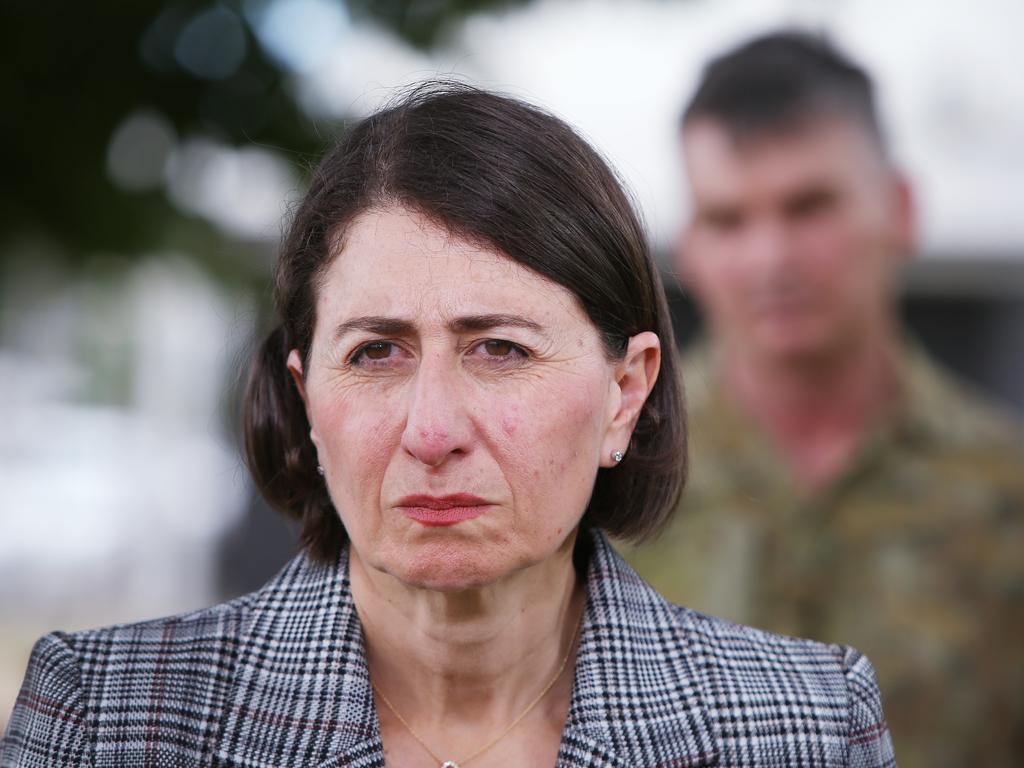
Mr Lanyon said locals could expect to notice a “very visible presence” of officers for the duration of the lockdown.
“What we’re looking for is members of the community to comply. We have worked very hard with members of the community and we will continue to do so,” he said.
“The virus has shown a very clearly that it does not discriminate. That is why we are targeting the southwest metropolitan area as of tomorrow, as we have done when other areas of concern have been identified.”
How serious is the Delta strain of Covid-19?
Health experts have expressed concern over the Delta variant having a more significant impact on people aged under 55 when compared to the standard Covid-19 virus.
Of the 37 people being treated in hospital for the disease in NSW, 14 were under 55 and eight were younger than 35, chief health officer Kerry Chant said on Thursday.
Such figures “should dispel the myth this is something that only impacts on the elderly”, Dr Chant said.
“The Delta strain is not a mild disease. It can be mild in some but, for many, it can lead to hospitalisation and death,” she said.
Professor Cassandra Berry, a researcher of viral immunology at Murdoch University, told The Guardian the Delta strain was a mutation that allowed it to “replicate at a higher level earlier on in young people”.
“This form of virus also has a counter-attack measure, it is using stealth to hide away and can block our very early innate responses,” she told the publication.
“These are rapid immune responses that normally kick in within 15 minutes and are more effective in young people, but this mutation appears to be evading that early response.”

